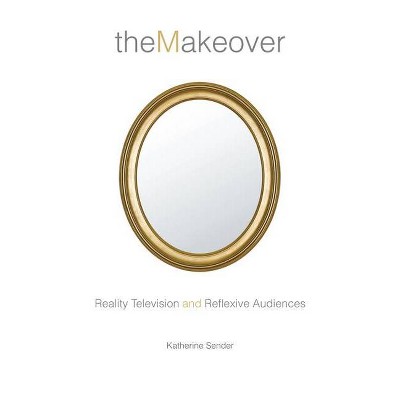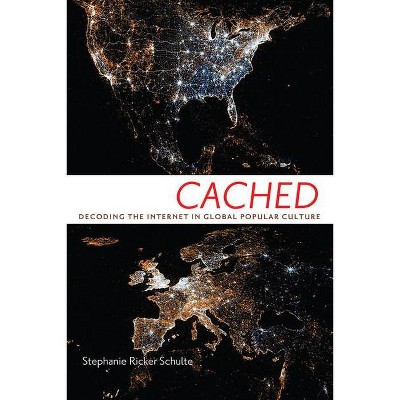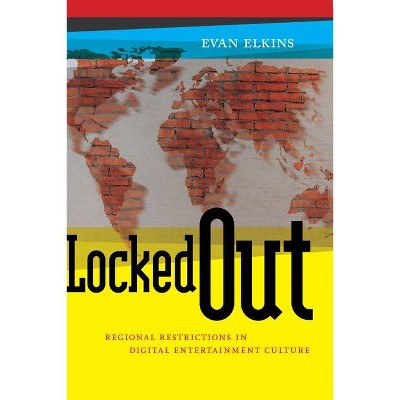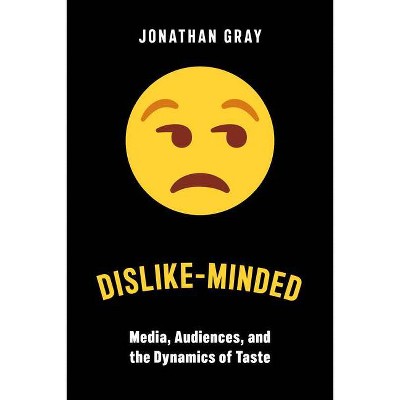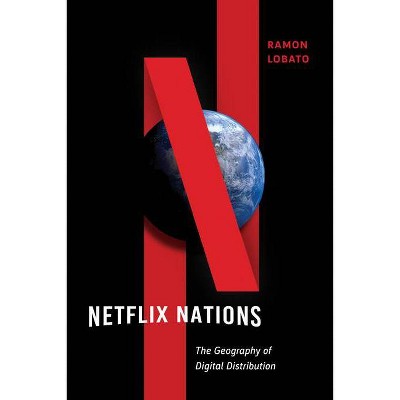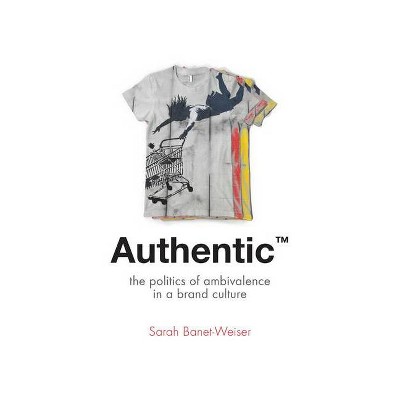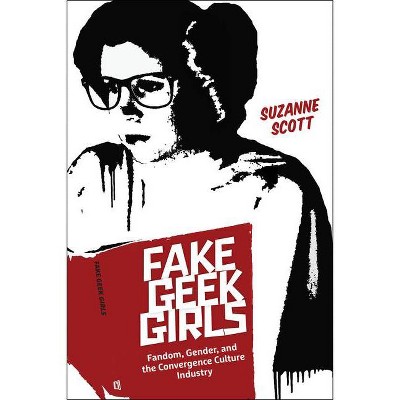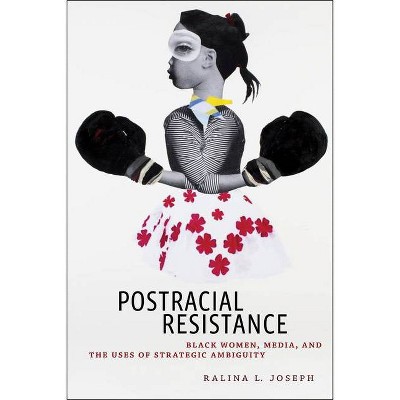Distributed Blackness - (Critical Cultural Communication) by André Brock Jr (Paperback)
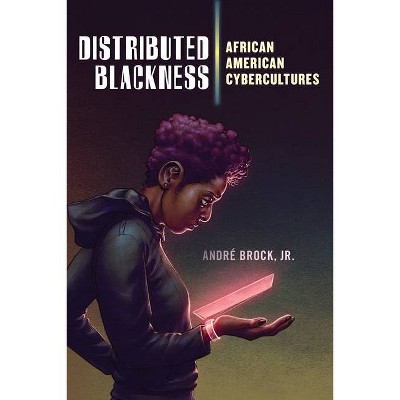
Similar Products
Products of same category from the store
AllProduct info
<p/><br></br><p><b> Book Synopsis </b></p></br></br><p><b><i>Winner, 2021 Harry Shaw and Katrina Hazzard-Donald Award for Outstanding Work in African-American Popular Culture Studies, given by the Popular Culture Association</i></b> <p/><b>An explanation of the digital practices of the black Internet </b> <p/>From BlackPlanet to #BlackGirlMagic, <i>Distributed Blackness</i> places blackness at the very center of internet culture. André Brock Jr. claims issues of race and ethnicity as inextricable from and formative of contemporary digital culture in the United States. <i>Distributed Blackness</i> analyzes a host of platforms and practices (from Black Twitter to Instagram, YouTube, and app development) to trace how digital media have reconfigured the meanings and performances of African American identity. Brock moves beyond widely circulated deficit models of respectability, bringing together discourse analysis with a close reading of technological interfaces to develop nuanced arguments about how "blackness" gets worked out in various technological domains. <p/>As Brock demonstrates, there's nothing niche or subcultural about expressions of blackness on social media: internet use and practice now set the terms for what constitutes normative participation. Drawing on critical race theory, linguistics, rhetoric, information studies, and science and technology studies, Brock tabs between black-dominated technologies, websites, and social media to build a set of black beliefs about technology. In explaining black relationships with and alongside technology, Brock centers the unique joy and sense of community in being black online now.</p><p/><br></br><p><b> Review Quotes </b></p></br></br><br><i>Distributed Blackness</i> offers a valuable take on Black online identity--a much needed one, at that, given the lack of focused research on the topic ... Relevant and timely; I believe it will be a staple in research on African American identity and will generate much conversation in the years to follow.-- "Iperstoria"<br><br><i>Distributed Blackness</i> is required reading. No one understands how technologies of race and the digital must be framed and reimagined right now better than André Brock. This book disrupts and defines the tremendous expanse and range of Blackness on the internet, and will make anyone who thinks they know the history of the web reconsider. While the problems of race and racism on the internet are inescapable, Brock helps us re-center joy, power, love, and resistance too.--Safiya Umoja Noble, author of <i>Algorithms of Oppression: How Search Engines Reinforce Racism</i><br><br>A brilliant, theoretically rigorous, witty, joyful, and full-throated analysis of black digital culture and infrastructure. Grounded in the black intellectual tradition and modeling a new path for digital media theory, every page offers important new frameworks and formations for understanding how race makes and is made by technology. This is the definitive book on Black Twitter.--Lisa Nakamura, University of Michigan<br><br>A timely and lively intervention in our understanding of Blackness in the digital age. André Brock historicizes and theorizes Black life with careful attention to the fullness of both digitality and Blackness. A necessary addition for anyone thinking about race, intersectionality, communications, or the internet.--Tressie McMillan Cottom, author if <i>Thick</i> and <i>Lower Ed: The Troubling Rise of For-Profit Colleges in the New Economy</i><br><br>An interdisciplinary and multimodal work critical to any scholar researching race and technology and the ways these two seemingly distinct categories are inextricably intertwined. Brock seamlessly ties together rigorous linguistic work with internet and computational studies through the critical techno-cultural discourse analysis (CTDA) lens, which gives readers a cultural and racial framework for our analyses of technology. He calls for researchers to stop only studying the intersections of race and technology by virtue of absence, deficit, and/or resistance. "Racism," Brock writes, "is not the sole defining characteristic of Black identity." [...] <i>Distributed Blackness</i> is primarily a call for joy.-- "Media Industries"<br><br>In a much-needed addition to digital studies, Distributed Blackness centers Black Internet users in its analysis and emphasizes how they share the joys of their everyday lives online ... a valuable contribution that will certainly enrich future scholarship on both Black and mainstream Internet culture.-- "Communication Booknotes Quarterly"<br><br>In the early days of the internet, much consternation was expressed over the digital divide, the conviction that low-income people, especially African Americans, were missing out on the tech revolution. This concern was rooted in a view of African Americans as uninformed, inert vessels needing to be filled with "authoritative" information. Brock provides a bracing corrective to this limited perception, noting the creative, even transgressive uses African Americans make of the web and social media as opposed to the "productive" usages urged by white technocrats ... He questions the claim that internet browsers and search tools are color-blind, pointing out that neither search results nor marketing patterns are race neutral ... It is on Black Twitter that significant community conversations and information-sharing now take place, amplifying Black political power (think #BlackLivesMatter) but also facilitating cultural conversations and connections ... enlightening.-- "STARRED Booklist"<br><p/><br></br><p><b> About the Author </b></p></br></br><b>André Brock, Jr.</b> is Associate Professor of Black Digital Studies at Georgia Institute of Technology.
Price History
Price Archive shows prices from various stores, lets you see history and find the cheapest. There is no actual sale on the website. For all support, inquiry and suggestion messages communication@pricearchive.us
